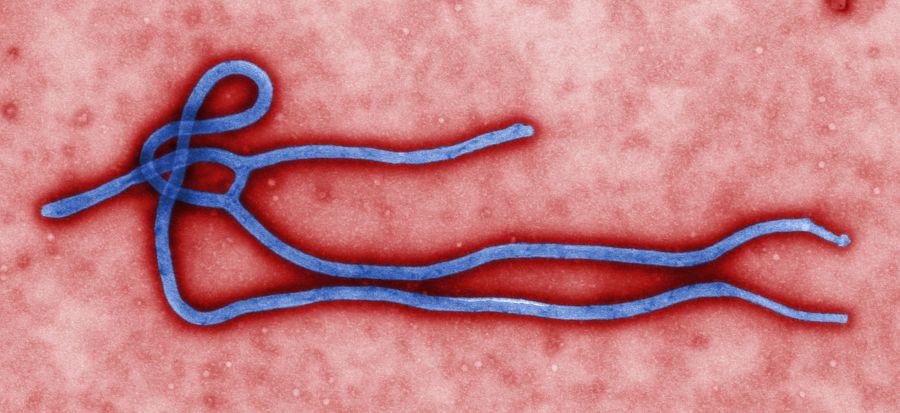Ebola: What is it? And how can it spread?
October 12, 2014
The nightly news, local paper and the twitter feeds of thousands of people have been consumed by one thing; Ebola. It is a disease that everyone feels threatened by, but no one knows much about. Although there has only been one reported case in the United States this year, it is still beneficial to know what the disease is and how it can be avoided.
Until last month, Ebola was confined to Sub-Saharan Africa. The first case was recorded in Sudan in 1976 and the largest outbreak is an ongoing one in West Africa. It is focused in Guinea, Sierra Leone, Liberia and Nigeria. No vaccine currently exists to stop or prevent the spread of the disease.
Thomas Duncan was the first person in the United States to contract the virus. He acquired it in Liberia, his home country where he was in close contact with a woman that he knew had Ebola. He then flew to Dallas where it was discovered that he also had it. He passed away Wednesday. The survival rate for this disease is small, an average of 70 percent of patients die.
In its early stages, Ebola appears to be nothing more than a common illness. Patients typically have a fever, severe headache, stomach pains and muscle aches. What distinguishes the virus from other illnesses is the hemorrhages, or unexplained bleeding and bruising, symptoms that typically appear within 8 days of contraction of the virus.
The virus is spread through direct contact with infected animals, bodily fluids or equipment used by someone with Ebola. It can’t be spread through the air or by food. People that have been in close contact with a patient are the most at risk. All cases, with the exception of four (one being in the US) have been in Africa and there is minimal reason to be concerned unless you are there.
Although, the chances of Ebola being spread outside of Africa are slim, there are still precautions that can be taken. Always wash your hands, stay out of contact with other’s blood/ bodily fluids or equipment that touches their blood and avoid West African hospitals with Ebola patients.
If you are interested in more information on the disease, please visit http://www.cdc.gov/vhf/ebola/index.html.







